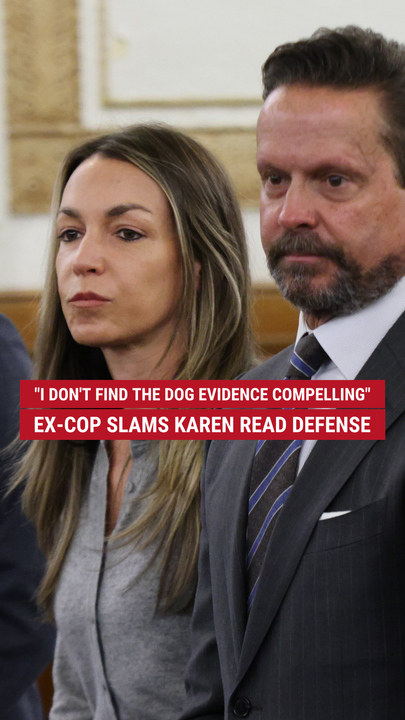
The Naval Academy’s DEI ban is well-intended. DEI and critical race theory indoctrination should never have gained a foothold in the U.S. government and certainly not in the military.
The top brass at the U.S. Naval Academy recently made the careless mistake of judging a book by its title. Specifically, my book. In 2002, I published “The New White Nationalism in America: Its Challenge to Integration.” In it, I argued for a cohesive American identity by highlighting a growing threat: the emergence of White nationalism due to grievances about the evils of racial double standards, affirmative action, Black-on-White crime, and immigration policies insufficiently addressed by politicians (Swain 2002). My book was not about villainizing White people. Far from it.
The book, which the Naval Academy dismissed at face value as “DEI,” opposes the theory by confronting a very real, very current problem: racial unrest and discord arising from the evils of identity politics and multiculturalism.
Using original interviews, case studies, and national surveys, my book warned about identity politics and multiculturalism as a devil’s brew for racial unrest and discord and suggested the best approach for addressing the divide.
HERE’S THE LIST OF BOOKS THE NAVAL ACADEMY REMOVED FROM ITS LIBRARY DURING DEI PURGE
Among the issues identified in my book were the growing presence of non-White immigrants, legal and illegal, who were rapidly changing the demographics of the nation, structural changes in the global economy that led to a decline in high-wage production jobs for low-skilled workers, White resentment over race-based affirmative action, high Black-on-White violent crime rates, and the growing acceptance of multiculturalism and identity politics that excluded White Americans.
In addition, I noted the rising expectations of minorities and the rise of the Internet, which made it easier for like-minded people to find each other. My book concluded with a call for us as a nation to move away from identity politics and multiculturalism and to embrace a cohesive American identity.
As the antidote to extremists targeting mainstream Americans aggrieved about legitimate issues adversely impacting their lives, I called for honest dialogue about the fears and anxieties adversely impacting ordinary Americans who held no hostility toward others but found themselves adversely impacted by policy decisions that worked against them. Many White Americans felt correctly that their civil and constitutional rights were violated.
NAVAL ACADEMY TOSSES 400 BOOKS FROM LIBRARY FOLLOWING TRUMP DEI EXPULSION ORDERS
Colleges and universities, including military academies, need to be able to train students who can debate these difficult issues without falling apart. After all, universities were created to be the marketplaces of ideas. Critical thinking comes from grappling with difficult issues and ideas. Difficult conversations need to take place even if the ideas and facts prove offensive to certain individuals.
The Naval Academy’s decision to remove my book reflects a lack of discernment and a broader reluctance to engage with complex racial issues. It was only over the past decade that terms like “White nationalist” and “White supremacist” shifted in their meaning from the 2002 definitions on which my book relied, increasingly applied broadly during the Obama and Biden administrations to whites without clear evidence of malice or hostility towards minorities, criticizing DEI or critical race theory could get one labeled as a White supremacist and certainly as a racist.
CLICK HERE FOR MORE FOX NEWS OPINION
The Naval Academy’s DEI ban is well-intended. DEI and critical race theory indoctrination should never have gained a foothold in the U.S. government and certainly not in the military. These ideologies shifted the mission of the branches from protecting citizens from foreign and domestic enemies into a social experiment where the focus on bean counting seemed to outweigh the primary function of a military institution. Unfortunately, those in charge of removing materials fail to know what they are looking for.
The Naval Academy’s removal of “The New White Nationalism” highlights a broader issue: a well-intentioned effort to reject woke ideology by perusing titles can inadvertently sweep away works that grapple with complex realities, like mine did with its warnings about how to avoid racial unrest. The broad-brush approach risks misjudging other works that challenge easy categorization.
Think about it! Colleges, especially military academies, are tasked with preparing students for tough debates, not insulating them from discomfort. Libraries should support this by offering diverse perspectives, equipping midshipmen who major in fields that include political science and history with the tools needed to think critically about world issues and views.
If military academies are to train leaders equipped to manage today’s challenges, they should avoid blanket approaches to complex issues. Ideally, military academies can train strong leaders by restoring and preserving student access to ideas and works that provoke and enlighten, even while creating a healthy discomfort.






